Best movies like The Hour of the Furnaces
A unique, carefully handpicked, selection of the best movies like The Hour of the Furnaces Starring María de la Paz, Fernando E. Solanas, Edgardo Suárez, Juan Domingo Perón, and more. If you liked The Hour of the Furnaces then you may also like: The Weight of Chains 2, With Babies and Banners: Story of the Women's Emergency Brigade, The Official Story, Our Disappeared, Roma and many more popular movies featured on this list. You can further filter the list even more or get a random selection from the list of similar movies, to make your selection even easier.
An impassioned three-part documentary of the liberation struggle waged throughout Latin America, using Argentina as a historical example of the imperialist exploitation of the continent. Part I: Neo-Colonialism and Violence is a historical, geographic, and economic analysis of Argentina. Part II: An Act For Liberation examines the ten-year reign of Juan Perón (1945-55) and the activities of the Peronist movement after his fall from power. Part III: Violence and Liberation studies the role of violence in the national liberation process and constitutes a call for action.
You may filter the list of movies on this page for a more refined, personalized selection of movies.
Still not sure what to watch click the recommend buttun below to get a movie recommendation selected from all the movies on this list
With Babies and Banners: Story of the Women's Emergency Brigade
With Babies and Banners: Story of the Women's Emergency Brigade is a 1979 documentary film directed by Lorraine Gray about the General Motors sit-down strike in 1936–1937 that focuses uniquely on the role of women using archival footage and interviews. It provides an inside look at women's roles in the strike. The film was one of the first to put together archival footage with contemporary interviews of participants and helped spur a series of films on left and labor history in the US utilizing this technique. The film was also important in helping bring into view the history of American women being active in the public sphere, particularly in union and labor actions. The film was, further, ground breaking because it was produced and directed by women. It was nominated for an Academy Award for Best Documentary Feature.
The Official Story
Buenos Aires, Argentina, 1983. In the last and turbulent days of the military dictatorship, Alicia, a high school history teacher, begins to ask uncomfortable questions about the dark origins of Gaby, her adopted daughter.
Our Disappeared
After learning that Patricia, a long-lost girlfriend, is among the desaparecidos, a filmmaker returns to his native Argentina to find out what happened to her and others he knew who mysteriously vanished during the 1976-1983 military dictatorship.
Joshua: Teenager vs. Superpower
When the Chinese Communist Party backtracks on its promise of autonomy to Hong Kong, teenager Joshua Wong decides to save his city. Rallying thousands of kids to skip school and occupy the streets, Joshua becomes an unlikely leader in Hong Kong and one of China’s most notorious dissidents.
Born in Flames
In near-future New York, ten years after the “social-democratic war of liberation,” diverse groups of women organize a feminist uprising as equality remains unfulfilled.
The First Purge
To push the crime rate below one percent for the rest of the year, the New Founding Fathers of America test a sociological theory that vents aggression for one night in one isolated community. But when the violence of oppressors meets the rage of the others, the contagion will explode from the trial-city borders and spread across the nation.
Cured
Mentally ill. Deviant. Diseased. And in need of a cure. These were among the terms psychiatrists used to describe gay women and men in the 1950s, 1960s, and early 1970s. And as long as they were “sick”, progress toward equality was impossible. This documentary chronicles the battle waged by a small group of activists who declared war against a formidable institution – and won a crucial victory in the modern movement for LGBTQIA+ equality.
A Place Called Chiapas
In 1994, the Zapatista National Liberation Army, made up of impoverished Mayan Indians from the state of Chiapas, took over five towns and 500 ranches in southern Mexico. The government deployed its troops and at least 145 people died in the ensuing battle. Filmmaker Nettie Wild travelled to the country's jungle canyons to film the elusive and fragile life of this uprising.
When Two Worlds Collide
In this tense and immersive tour de force, audiences are taken directly into the line of fire between powerful, opposing Peruvian leaders who will stop at nothing to keep their respective goals intact. On the one side is President Alan Garcia, who, eager to enter the world stage, begins aggressively extracting oil, minerals, and gas from untouched indigenous Amazonian land. He is quickly met with fierce opposition from indigenous leader Alberto Pizango, whose impassioned speeches against Garcia’s destructive actions prove a powerful rallying cry to throngs of his supporters. When Garcia continues to ignore their pleas, a tense war of words erupts into deadly violence.
Suffragette
Based on true events about the foot soldiers of the early feminist movement, women who were forced underground to pursue a dangerous game of cat and mouse with an increasingly brutal State.
The Murder of Fred Hampton
Fred Hampton was the leader of the Illinois Chapter of the Black Panther Party. This film depicts his brutal murder by the Chicago police and its subsequent investigation, but also documents his activities in organizing the Chapter, his public speeches, and the programs he founded for children during the last eighteen months of his life.
Underground
Underground is a 1976 documentary film about the Weathermen, founded as a militant faction of the Students for a Democratic Society (SDS), who fought to overthrow the U.S. government during the 1960s and 1970s. The film consists of interviews with members of the group after they went underground and footage of the anti-war and civil rights protests of the time. It was directed by Emile de Antonio, Haskell Wexler and Mary Lampson, later subpoenaed by the Federal Bureau of Investigation in an attempt to confiscate the film footage in order to gain information that would help them arrest the Weathermen. (Wikipedia)
Night of the Pencils
The Night of the Pencils was a series of kidnappings and forced disappearances, followed by the torture, rape, and murder of a number of young students during the last Argentine dictatorship (known as the National Reorganization Process). The kidnappings took place over the course of several days beginning on September 16, 1976.
The Lost Republic II
A history of Argentina's last military dictatorship (1976-1983). After "La Republica Perdida" was made, which covered 1930 to 1976, there was an important part of Argentina's history yet to be told, which was too recent to be covered by the first documentary. The first movie was made at the end of the last dictatorship. This second documentary covers this last dictatorship from 1976 to 1983.
The Lost Republic
This documentary follows the events of the recient history of Argentina, especially from 1930 to 1976
I Am Not Your Negro
Working from the text of James Baldwin’s unfinished final novel, director Raoul Peck creates a meditation on what it means to be Black in the United States.
A Twelve-Year Night
Uruguay, 1973. Having been crushed by the military dictatorship, surviving members of the Tupamaro guerillas are imprisoned and tortured. They must find a way to endure the coming 12 years.
Cesar Chavez
A biography of the civil-rights activist and labor organizer Cesar Chavez. Chronicling the birth of a modern American labour movement, Cesar Chavez tells the story of the famed civil rights leader and labour organiser torn between his duties as a husband and father and his commitment to securing a living wage for farm workers. Passionate but soft-spoken, Chavez embraced non-violence as he battled greed and prejudice in his struggle to bring dignity to working people.
Billy Elliot: The Musical Live
In County Durham, England, 1984, a talented young dancer, Billy Elliot, stumbles out of the boxing ring and onto the ballet floor. He faces many trials and triumphs as he strives to conquer his family’s set ways, inner conflict, and standing on his toes in a musical that questions masculinity, gender norms and conformity.
Lo que vendrá
In a city of the too near future, a city designated for desolation, aggression, and political instability, Miguel Galvan (Hugo Soto) is shot accidentally during a demonstration. This time and space provides a back drop to an intriguing sequence of events where three characters try desperately to survive: the wounded Miguel, an antagonistic policeman (Juan Leyrado), and a foolish vigilante smartly acted by cult rock star Charly Garcia of Sui Generis and Serú Girán fame, who also composed the film's score.
Bringing Down a Dictator
A student group called Otpor! ("Resistance!" in Serbian) forms part of the nonviolent opposition movement that toppled the regime of Slobodan Milosevic.
Garage Olimpo
A beautiful Argentine activist receives preferential treatment from a man supposed to torture her.
Sweet Country
An American couple in Chile is drawn into the turmoil that followed President Salvador Allende's 1973 overthrow.
Clandestine Childhood
Juan lives in clandestinity. Just like his mum, his dad and his adored uncle Beto, outside his home he has another name. At school, Juan is known as Ernesto. And he meets María, who only has one name. Based on true events, set in the Argentina of 1979, this film is one about love.
The German Friend
It’s the late 1950s, and in an affluent and quietly respectable part of Buenos Aires, young Sulamit Löwenstein strikes up a friendship with her next-door neighbour Friedrich over the whereabouts of her family dog. She is the daughter of German-Jewish immigrants to Argentina, he is the son of a senior SS officer, a tragic political legacy from whose shadow both characters struggle to escape over the next three decades. Following the teenaged Friedrich to Germany, Sulamit finds him caught up in the radical politics of late-1960s student life; and she’s forced to make important decisions about her attitude to her homeland when Friedrich returns to Argentina to join the fight against the military junta.
Two Autumns in Paris
A striking political activist and refugee from Paraguay escapes to Paris and falls in love with a rich law student changing their lives forever. The beauty of their love is challenged by a fervent devotion to fighting for a cause.
Unidad XV
With the Peronist government overthrown, with General Perón in exile and the Liberating Revolution in power, four renowned Peronist leaders are confined in the distant and cold Unit 15 of the Río Gallegos prison. Faced with the imminent execution to which the political prisoners will be assigned, they decide that the only option to survive is escape. Leaving aside their personal and ideological differences, they plan one of the most spectacular escapes in Argentine history.
The Flickering Flame
Documentary following dockers of Liverpool sacked in a labour dispute and their supporters’ group, Women of the Waterfront, as they receive support from around the world and seek solidarity at the TUC conference.
Putos peronistas, cumbia del sentimiento
Documentary that records the formation, development and growth of the first gay Peronist group in Argentina from its predecessor, the Homosexual Liberation Front, created in the early 1970s, up to the present day.








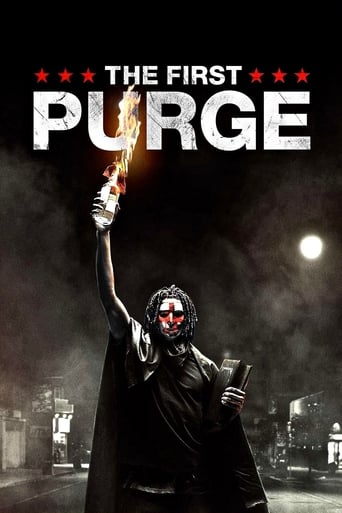






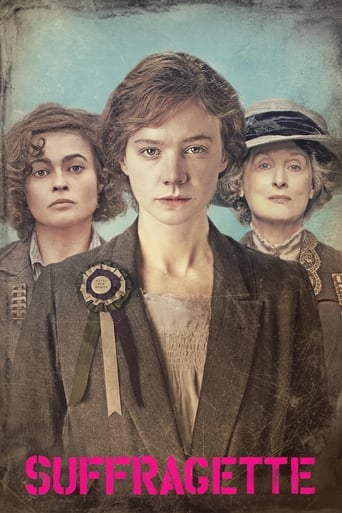







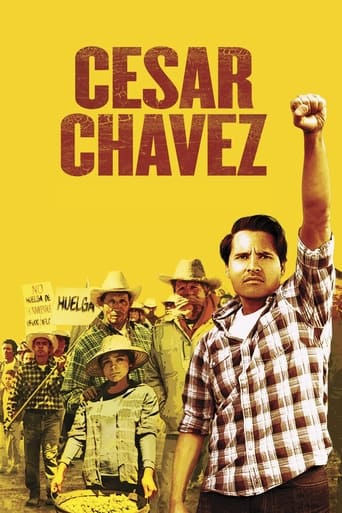












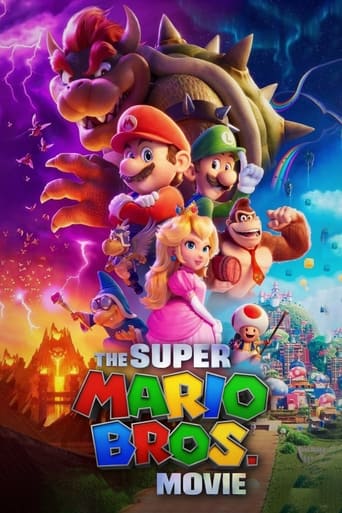
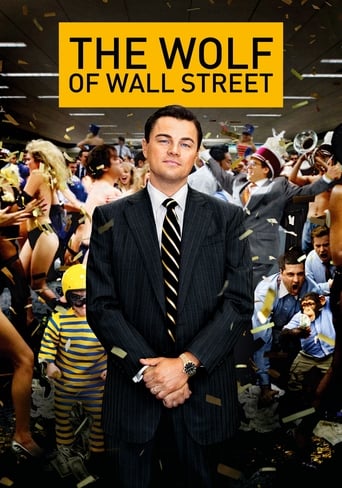
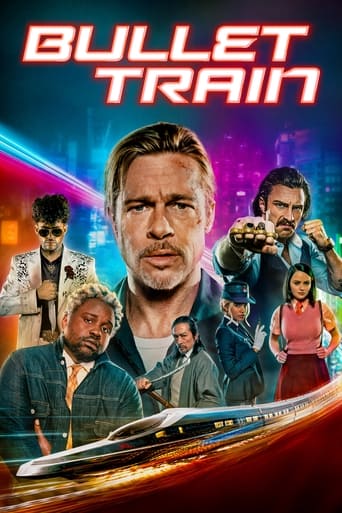
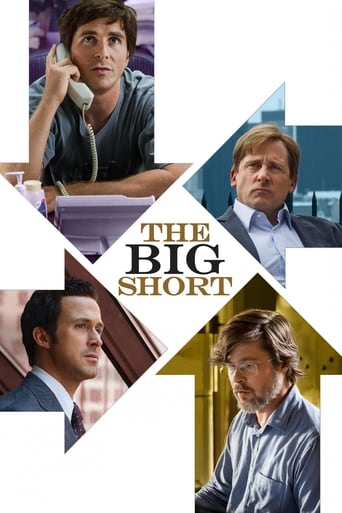
The Weight of Chains 2
'The Weight of Chains 2' is a documentary film largely dealing with the effects of the Washington Consensus economic doctrine on the newly established former Yugoslav republics, but also with neoliberalism as an economic concept. Through interviews with Noam Chomsky, Oliver Stone and many others, the author, Serbian-Canadian Boris Malagurski, attempts to analyze why so many people in the Balkans are disappointed with the systems imposed after the fall of socialism and how capitalism could be improved. Looking at the examples of Ecuador and Iceland, the film tries to uncover alternatives to the prevailing orthodoxies of Western economic dictates and help developing nations find their own way to shape their economies and their countries.